Last night we had dinner here in Yangon, Myanmar with a couple that’s been here for 15 years. Delightful Kiwi wife, smart American husband. We discussed the open ended opportunities all over the world, and how staggeringly large they are.
One point is clear, whether MPESA in Kenya, where they’ve had “tap and pay” wireless banking for a decade, or what’s going on here with a cash only society (the largest bank note is 8 dollars!) the world is shifting in seismic fashion before our eyes. Entire new industries are not just being disrupted, as that term is too limited. Industries here are being completely redrawn from scratch, just like blockchain and crypto will redraw banks and iBanks.
As a business, I would make sure I was thinking globally in both deliverables, and with respect to brand. This explosion in business will be centered in Asia, where traditional mindsets will lose out due to Western incumbents myopic viewpoint.
In Vietnam some guys just started online training courses. Zero to 25 million in 2 years. One of top courses? Digital marketing. SE Asia, for outsourcing work, like the Indians did with call centers and coding. Read the below:
“Draper speaks almost of a new world order created by Bitcoin (and cryptocurrency technology, generally). “The unbanked are bankable through Bitcoin,” he asserts, with banking regulations making it unfeasible for banks to open accounts for those without sufficient cash. The unbanked, Draper insists, represent half of the world’s population.” Hmmm…
https://www.bloomberg.com/news/videos/2018-02-15/draper-says-the-world-needs-new-kind-of-currency-video
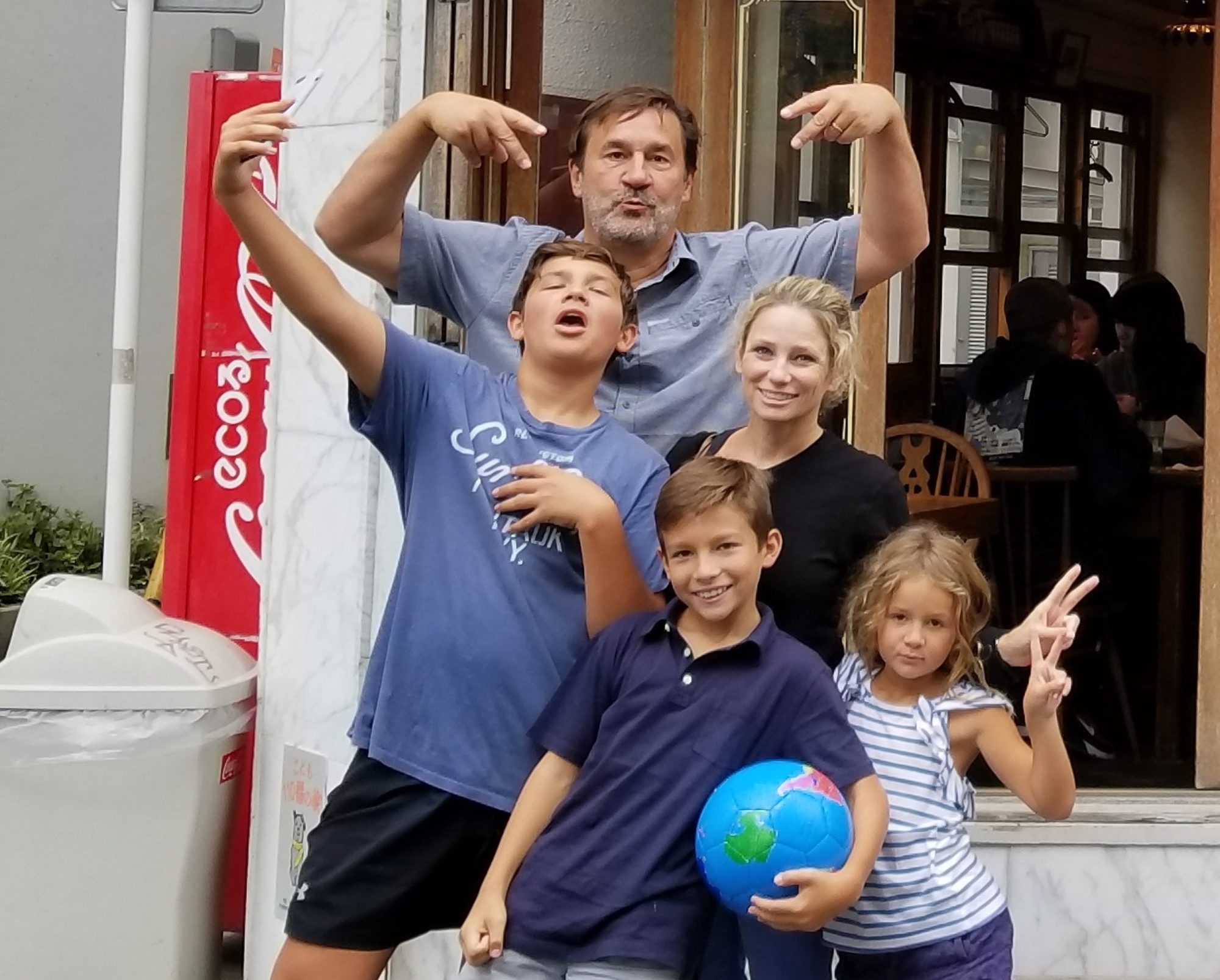


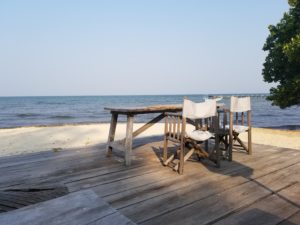
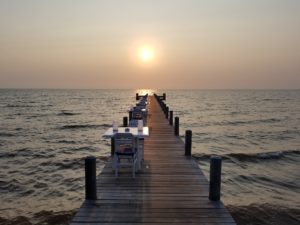

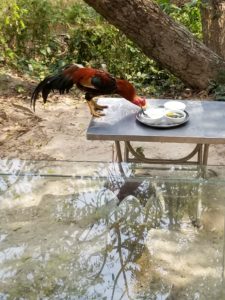

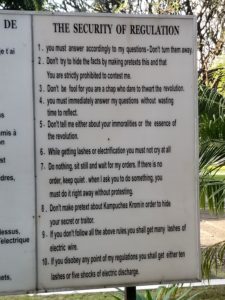










 ^
^